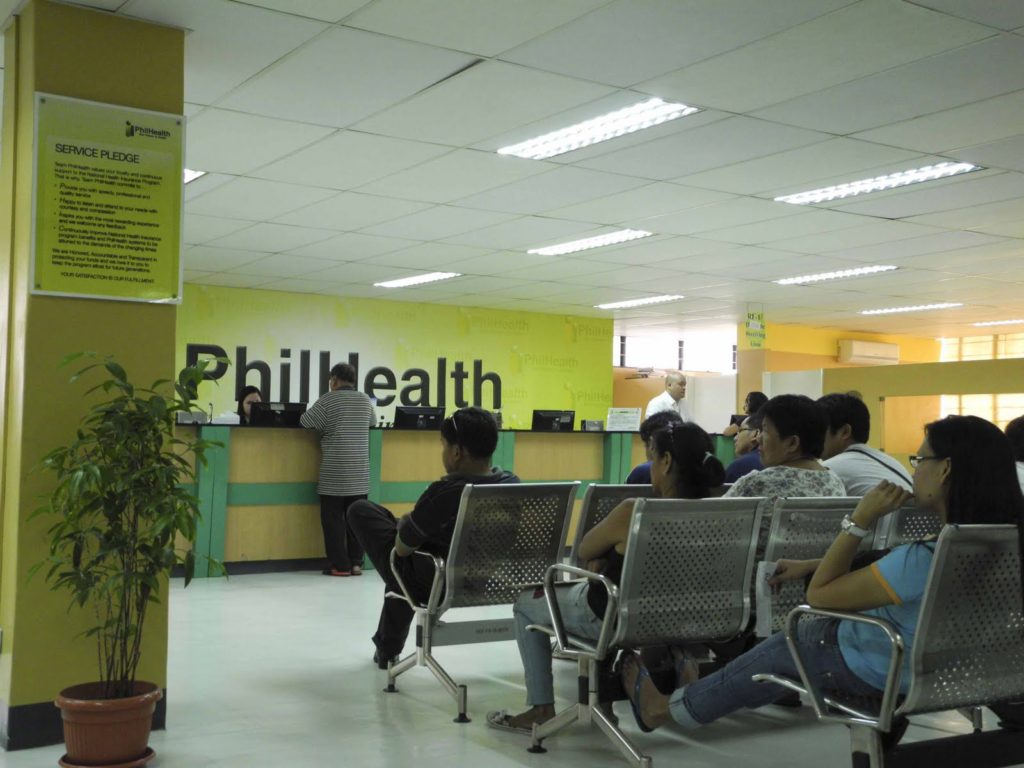Health benefits of employees of Philippine businesses are typically covered by the government’s PhilHealth program. Such services provide basic to intermediate assistance on hospitalization, medicines and other forms of health needs.
Under the guidelines of the Philippine Health Insurance Corporation, an updated PhilHealth Contribution for members who are employed in the Philippines, overseas Filipino workers, self-employed or individually paying members. As yearly payment to retain membership and avail of health benefits, it is important for PhilHealth members to be aware of the new guidelines such as coverage of benefits for members and dependents, and premiums that every member has to pay.
Table of Contents
Overview
In January 2018, the premium contributions from those who are employed have increased from 2.5% to 2.75% of every member’s basic salary. This is in accordance to PhilHealth’s Circular No. 2017-0024, which clarifies that the adjustment was made to sufficiently meet the additional financial burden that the National Health Insurance Program is committed in covering full or partial costs of essential health services to Filipino citizens.
In 2016, PhilHealth benefit payouts reached P101 billion. Securing more funds from hike in membership premiums help sustain and expand PhilHealth’s programs, as it also receives additional funding from the Department of Health.

The new rate of premium collected from employed PhilHealth member has a salary floor of P10,000 and a ceiling of P40,000, to be equally shared by the employees and employer. With the removal of the salary brackets, computation shall be based on the following table:
| Monthly Basic Salary x2.75% | Monthly Premium | Member's Share | Employer's Share |
|---|---|---|---|
| P10,000 and below | P275 | P137.5 | P137.5 |
| P10,000 to P39,999.99 | P275.02 to P1,099.99 | P137.51 to P549.99 | P137.51 to P549.99 |
| P40,000 and above | P1,100 | P550 | P550 |
Premium contributions of lower income workers such as household service workers are covered by their employers, according to RA 10361. However, if a domestic worker is receiving a salary of P5,000 or higher, then he or she shall contribute to the fund proportionally.
If your monthly salary is P17,000, here’s how to compute your 2.75% (or 0.0275 in decimals).
P17,000 x 0.0275 = P467.50
Your total contribution is P467.50. But since your employer will shoulder half of the contribution, you only need to contribute P233.75 per month as a PhilHealth member. With that amount you are already covered by inpatient, outpatient and Z benefits and treatment packages.
PhilHealth Contribution for overseas Filipino workers
OFWs, self-employed and individually paying PhilHealth members pay P2,400 for a whole year’s coverage. Premiums can be paid can be paid in advance for two years to five years, or depending on the duration of the employment contract with the overseas employer.
PhilHealth contribution for self-employed members
Self-employed and freelance workers are can take comfort knowing that even without employers, they are covered with health insurance normally accorded to full-time employees.
- For those earning P25,000 or below in a month, your premium is P2,400 a year.
- For thos earning more than P25,000, you have to pay P3,600 annually.
- Payment can be made quarterly, bi-annually, or annually.
PhilHealth Contribution for Sponsored Program Members
Sponsored members of PhilHealth are those who do not fall under the previous categories such as those under lower income bracket, orphans and abandoned people, senior citizens and abuse victims under the care of DSWD, or barangay health workers, tanods and other similar workers covered under their own local government units.
Annual premium of P2,400 is also applied to these types of members.
Conclusion
To many members, PhilHealth premium payment is another part of ongoing expense that will eat up the household budget. This is on top of the budget allocated for food, transportation, utilities and other household expenses.
Despite the hike in PhilHealth premium, such cost — just a fraction of your monthly income — is nothing compared to the exorbitant fees on medical bills you need to settle if you are not covered by PhilHealth benefits. That is why it makes a lot of sense to check your contributions regularly and paying them on time. Missing on paying your premium could forfeit your health benefits.
If you think you are healthy enough, with proper diet, sleep and exercise, your dependent may suddenly fall ill and need medical attention. So paying your regular contribution is not just for your medical coverage, but for your children, spouse or parents who may need medical attention more than you do.









